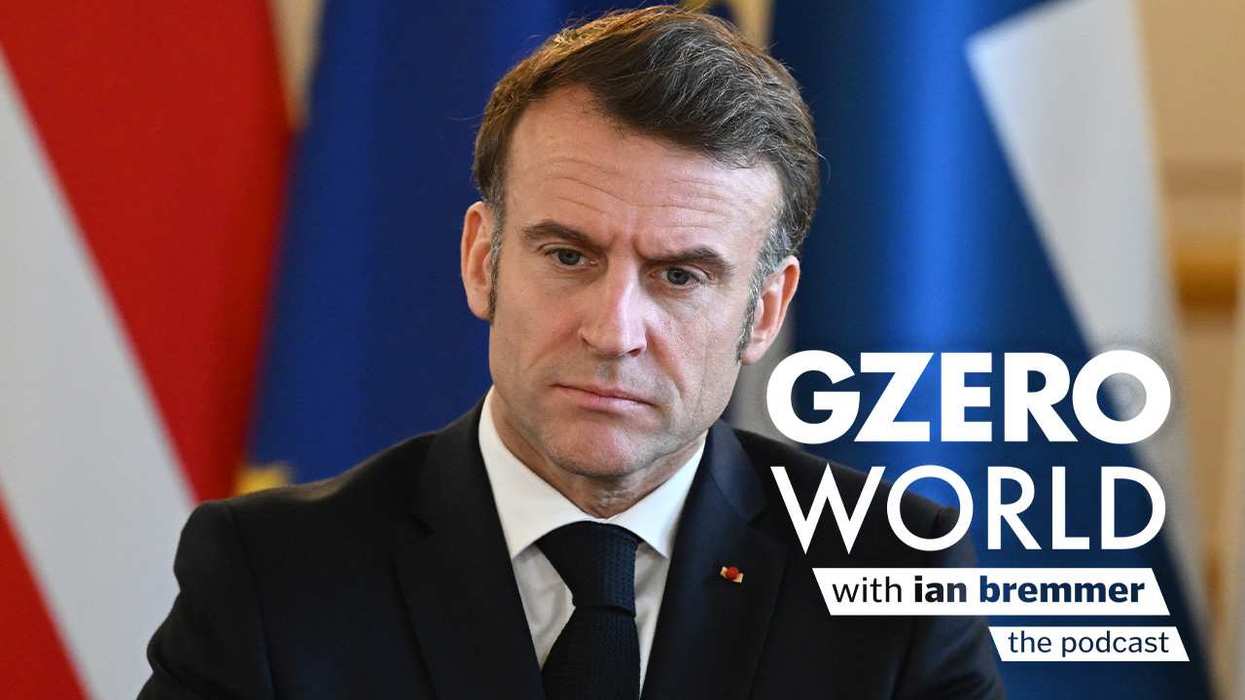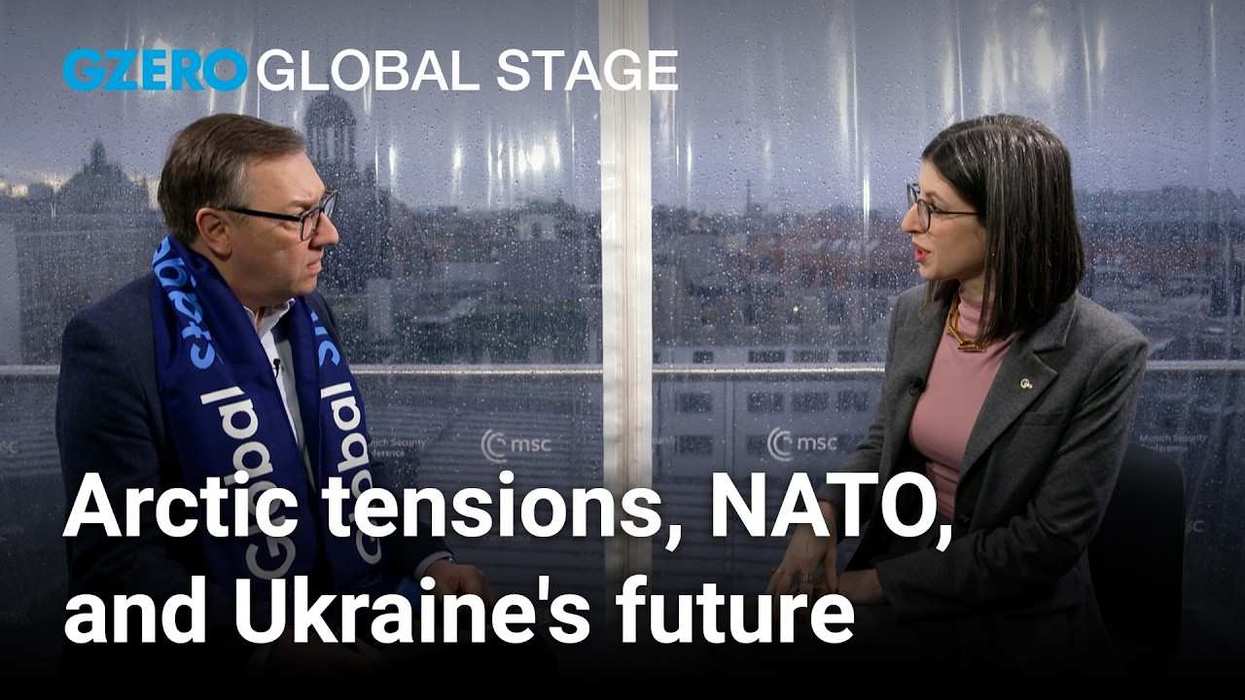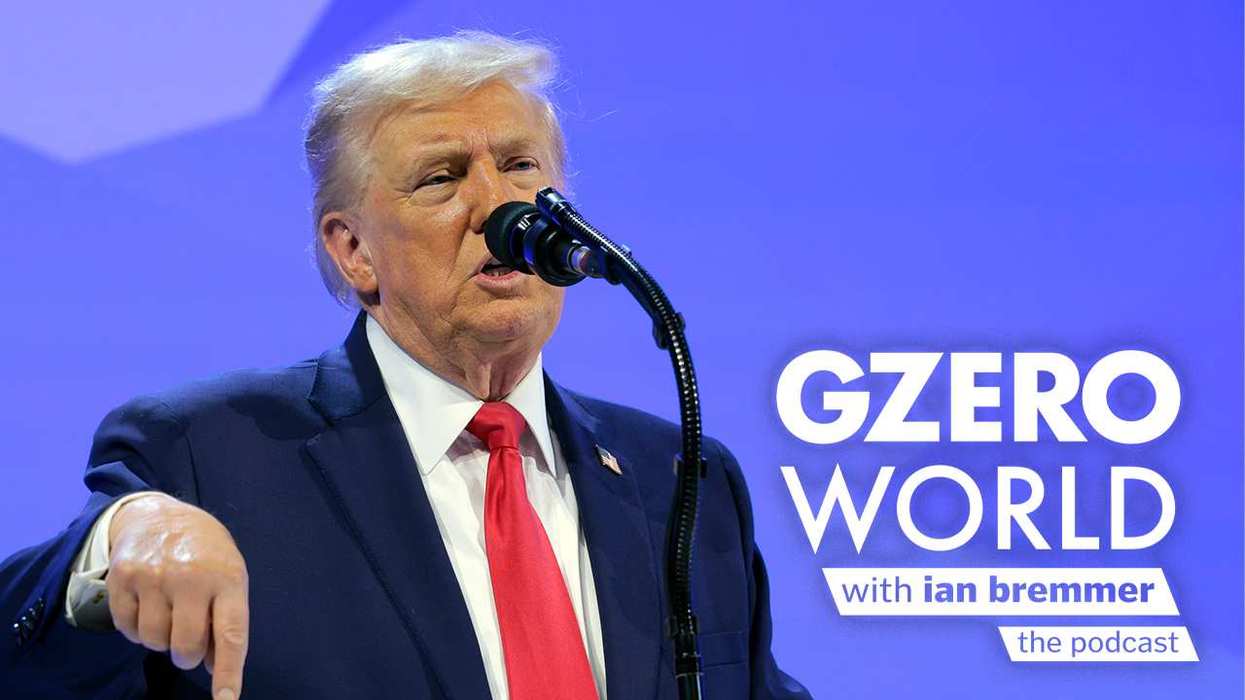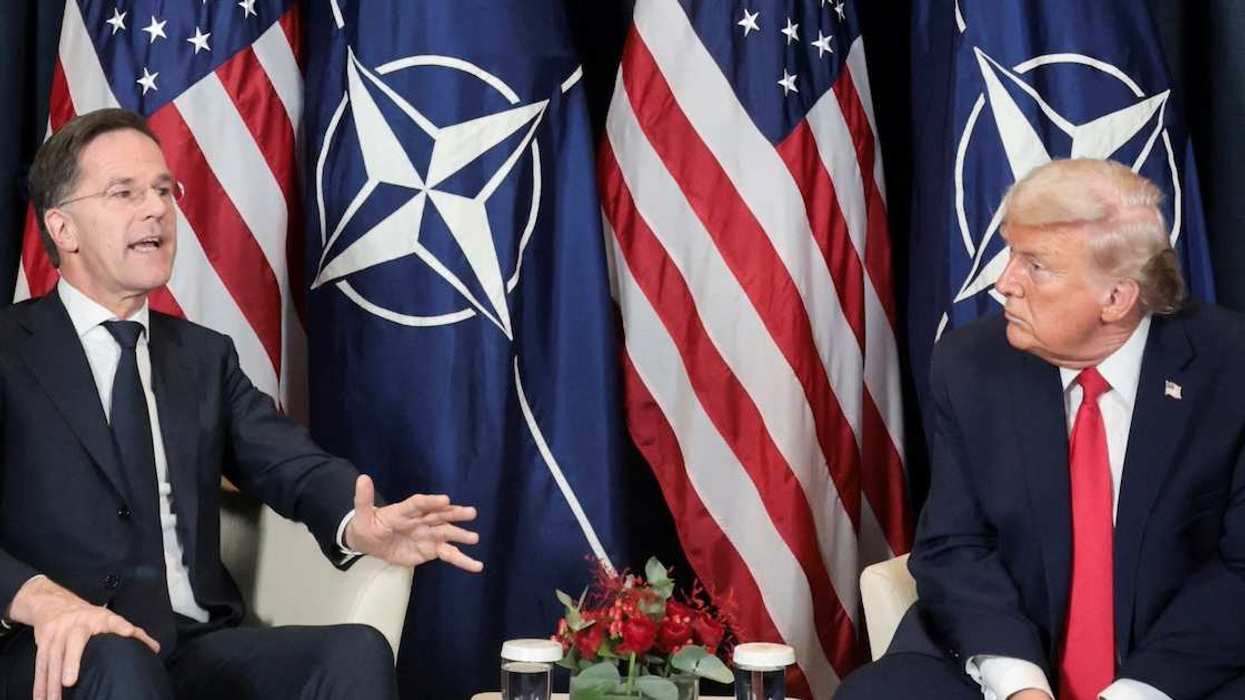GZERO World with Ian Bremmer Podcast
NATO, Trump, and Europe’s wake-up call with Ivo Daalder
Ian Bremmer sits down with former US Ambassador to NATO Ivo Daalder to unpack a historic shift in the transatlantic alliance: Europe is preparing to defend itself without its American safety net.
Feb 21, 2026










